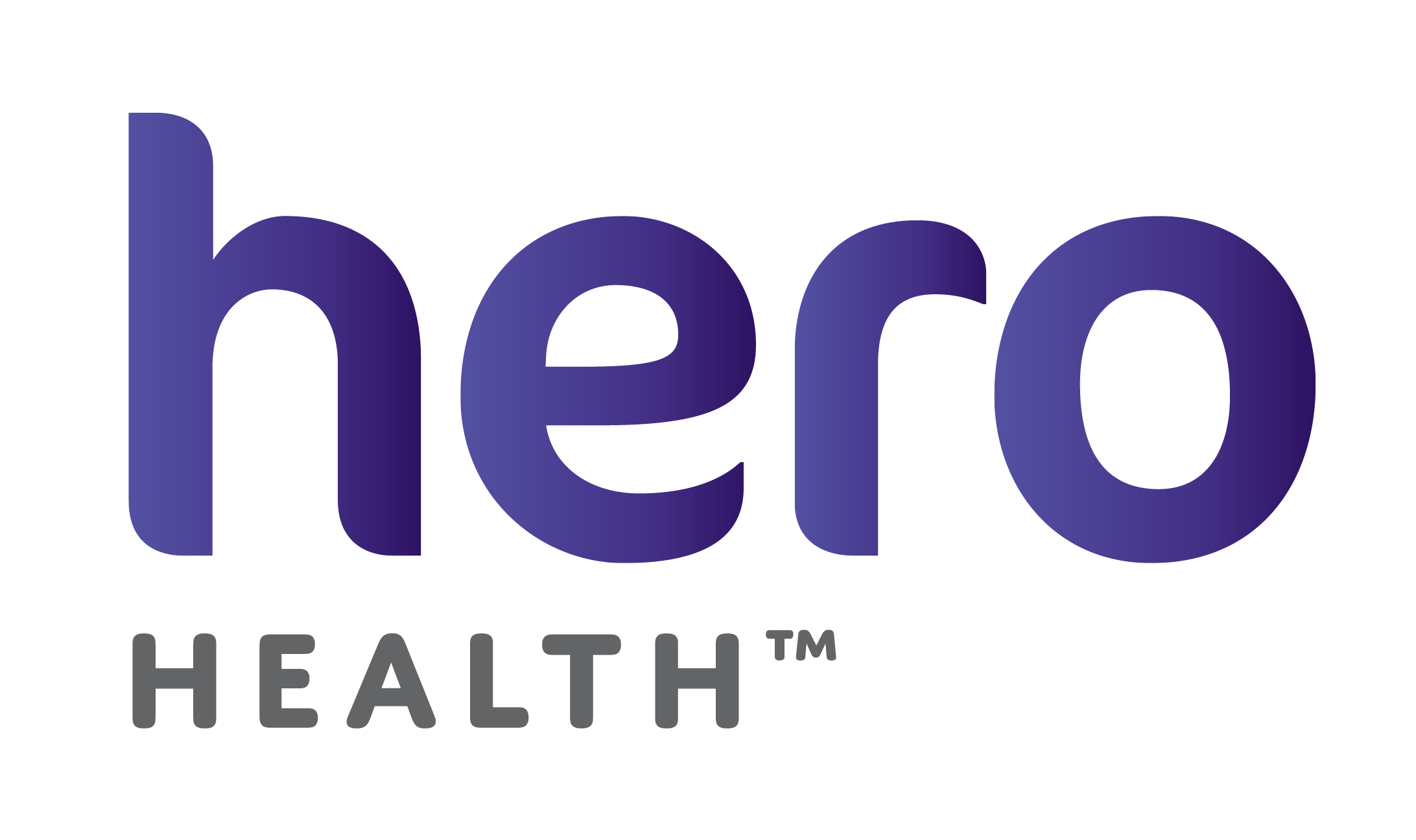Humira was approved back in 2002 and the patent expired in 2016. How, then, could this wonder drug also be considered the biggest heist of American incomes? You see, over $100 billion was paid by working families and employers after the patent expired.
Under US law, patent protection is the reward for the investments required to bring a product to market. However, in the US health system, there are a plethora of seemingly dirty tricks that encourage companies to abuse this protection – companies like AbbVie. Here’s an overview of how they rewrote the rules and made billions at the expense of the American consumer.
Step 1: Create a Patent Thicket
AbbVie’s patent on Humira expired in 2016, but instead of congratulating themselves on the enormous success of the drug and allowing generic alternatives to hit the market, they hired lawyers all over the globe to create what is known as a “patent thicket.”
AbbVie filed over 100 additional patents and threatened generic drug makers with lawsuits to deter them from selling generic versions of Humira. Unfortunately for employers and their workers, the Seventh Court of Appeals upheld AbbVie’s right to their patent thicket plan.
Step 2: Influence Doctors
Once they had protection from competition, AbbVie needed more orders for Humira. To help accomplish this, they turned to varying tactics of questionable morality. One tactic they leaned heavily on was suppressing patient complaints about the drug’s ineffectiveness and side effects, hiding these facts from doctors. At the same time, they also aggressively went after doctors with illegal kickbacks to juice sales.
That’s not to say that there wasn’t a backlash – in 2018, a lawsuit was filed in Alameda Superior Court. This lawsuit alleged that AbbVie unlawfully provided perks – such as meals and drinks – to doctors in California to convince them to prescribe Humira and used registered nurses as “ambassadors” to patients without disclosing they were working for the company.
The lawsuit claimed that this violated the Insurance Frauds Prevention Act, and as a result of the lawsuit, AbbVie was court-ordered to pay $24 million … but that amount pales in comparison to their lifetime profits.
Step 3: Raise Prices
With patent protection and eager prescription-writing physicians, AbbVie raised the price of Humira – not by 6%, or even 60%, but a whopping 600%! The annual health plan cost for Humira is now a staggering $75,000 or more. An uninsured patient taking Humira can anticipate paying somewhere in the neighborhood of $6,200 a month. Savings cards exist, but not everyone qualifies for them.
While Humira has helped a lot of people with Crohn’s Disease, RA (Rheumatoid Arthritis), and skin conditions like eczema, its efficacy varies. The inherent problem is not with the medication itself – the issue is with the court system that sanctioned corporate greed and paved the way for tens of billions of dollars to be taken from employers and working people.
